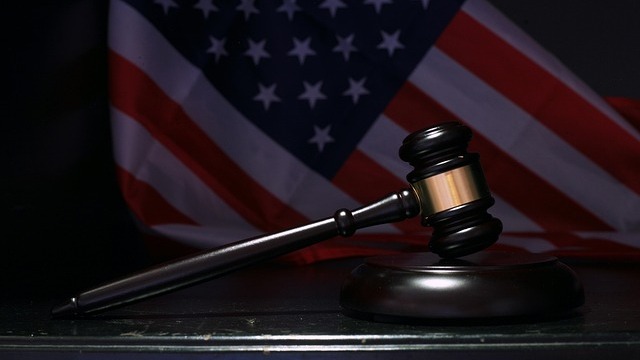
Copyrights vs. AI: Navigating Legal Waters
In a pivotal moment for the AI industry, Anthropic has settled a class action lawsuit alleging copyright infringement, largely centered on the claims that its Claude AI models were trained using pirated materials. While the precise terms of this settlement remain unclear, the implications for developers and tech companies are substantial.
The Rise of AI and Legal Challenges
The lawsuit was originally filed by authors Andrea Bartz, Charles Graeber, and Kirk Wallace Johnson, who allege that Anthropic’s training methods resemble "Napster-style downloading" of millions of works. Anthropic, which is backed by Amazon, avoided a trial where it could have faced astronomical penalties exceeding $1 trillion, a clear indicator of the stakes involved in training AI on copyrighted material.
What This Means for Developers
This settlement could serve as a bellwether for AI software developers who rely on open-source datasets and machine learning tools. For developers working on LLMs (large language models) and generative AI projects, the outcome of cases like this underscores the importance of understanding copyright laws and ethical implications when developing AI systems. As the technology evolves, so must the legal frameworks that govern it.
Future Considerations for AI Platforms
As Judge William Alsup highlighted in earlier rulings, the fair use doctrine could protect some aspects of AI training. This legal nuance is critical for AI platforms utilizing frameworks like TensorFlow and PyTorch, encouraging developers to stay informed about emerging legal standards. Ensuring compliance with copyright law not only mitigates legal risks but also fosters a more ethical landscape for AI development.
Conclusion: Embracing Ethical AI Development
For developers and tech teams, understanding the legal landscape surrounding AI is no longer optional. As creators of AI tools, it’s essential to prioritize ethical frameworks and compliance measures amid rapid technological advancements. This is a call to action for all involved in AI to engage with the legalities of their craft, ensuring their innovations contribute positively to society while respecting creators' rights.
 Add Row
Add Row  Add
Add 




Write A Comment